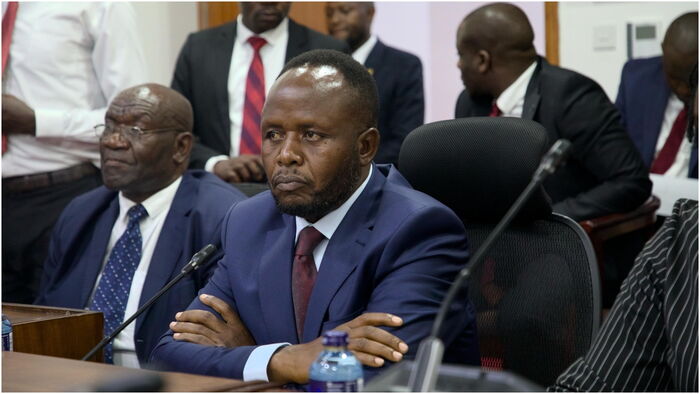
The Law Society of Kenya (LSK) has unleashed a legal firestorm, suing key national bodies—including the Independent Electoral and Boundaries Commission (IEBC), Ethics and Anti-Corruption Commission (EACC), Registrar of Political Parties (ORPP), Public Service Commission (PSC), National Cohesion and Integration Commission (NCIC), and the Attorney General—over their collective failure to enforce ethical standards among Members of Parliament.
In a bold petition, LSK accuses these institutions of colluding in systemic complacency, allowing MPs accused of ethical breaches and corruption to retain power unabashedly. It argues that this inaction betrays the rule of law, misleads voters, and erodes public trust. Asserting the primacy of constitutional norms, LSK cautioned that without enforcement of Chapter Six of the Constitution, Kenya’s democratic foundation could crumble.
The petition has fast-tracked to court. Justice Mwita has ordered that all named respondents be formally served and file responses within seven days—including a decision on any interim conservatory measures that could block unethical individuals from holding office while the case is pending. A court mention is scheduled for September 29, 2025.
LSK’s move comes amid mounting public outrage over persistent impunity in public office. Despite repeated promises to clean up politics, Kenya’s watchdogs have repeatedly fallen short. As one statement from LSK put it: “We are not asking for new laws. We are demanding that existing laws be taken seriously.” The society frames its lawsuit as a fight not just for law, but for voters and the future of democratic integrity. It aims to end the cycle where Chapter Six violations go unpunished—and offenders remain in power.







